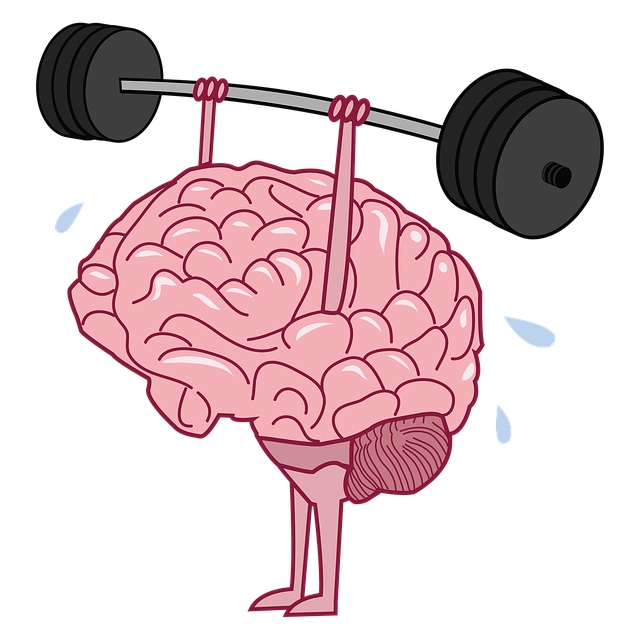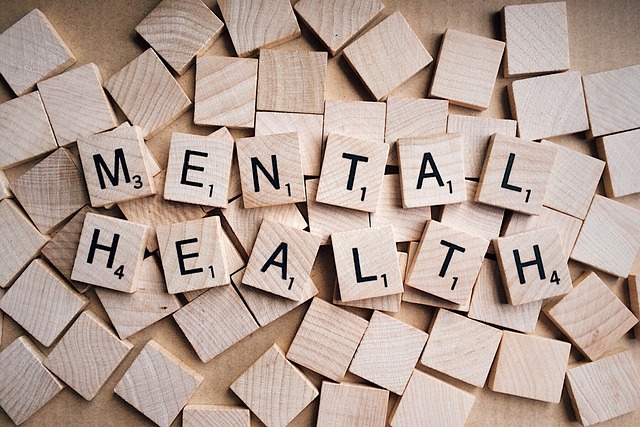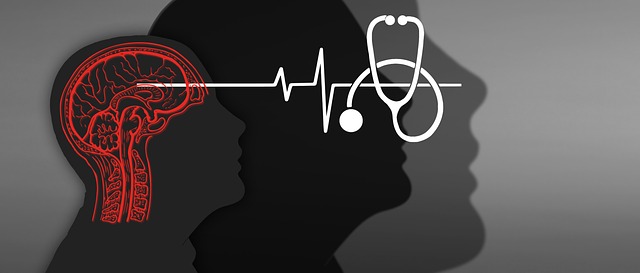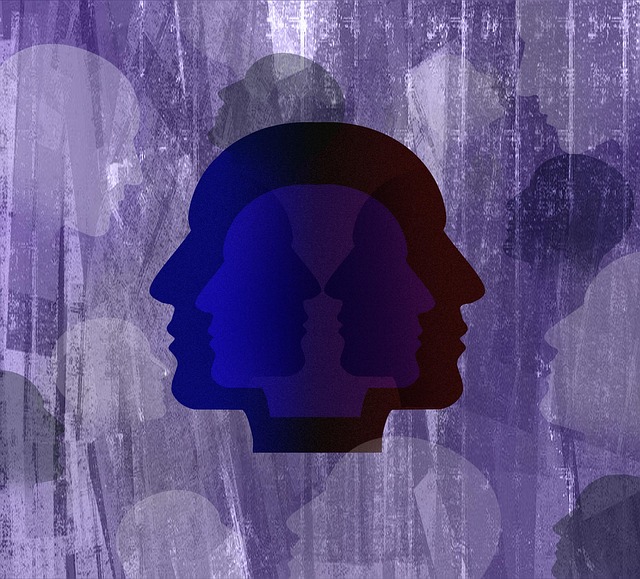Boulder Trauma Therapy emphasizes the critical importance of cultural competency in modern healthcare, going beyond basic cross-cultural awareness. Effective communication based on cultural sensitivity builds trust and enhances patient outcomes. Their specialized programs equip medical professionals with tools to manage trauma-related issues among diverse patients through evidence-based practices like stress reduction. Interactive workshops, case studies, and role-playing are key components of successful cultural competency programs, fostering resilience against systemic issues like discrimination. Continuous improvement cycles, including regular assessments, ensure these programs meet the evolving needs of diverse patient populations, ultimately creating a more inclusive and responsive healthcare system.
“Cultural competency training is transforming healthcare delivery, especially with the guidance of innovative programs like Boulder Trauma Therapy. This article explores the critical component of cultural competency in healthcare and its impact on patient outcomes. We delve into the significance of understanding diverse cultural contexts to provide empathetic care.
Boulder Trauma Therapy’s approach highlights effective training methods, offering insights into key components for successful programs. Additionally, we discuss measurement strategies for healthcare organizations aiming to improve cultural competency and ensure equitable patient experiences.”
- Understanding Cultural Competency in Healthcare: Why It Matters
- The Role of Boulder Trauma Therapy in Training Providers
- Key Components of Effective Cultural Competency Programs
- Measuring Success and Continuous Improvement for Healthcare Organizations
Understanding Cultural Competency in Healthcare: Why It Matters

In today’s diverse healthcare landscape, cultural competency is no longer an optional skill for providers—it’s essential. Cultural competency goes beyond basic cross-cultural awareness; it involves understanding and appreciating the complexities of different cultures, beliefs, and values to deliver truly patient-centered care. At Boulder Trauma Therapy, we recognize that emotional well-being promotion techniques and communication strategies heavily rely on cultural sensitivity. Effective communication builds trust and fosters a safe space for patients from all backgrounds, ensuring they feel heard, respected, and understood. Emotional intelligence, a crucial component of cultural competency, enables healthcare professionals to navigate sensitive topics with empathy, adapt their approach based on individual needs, and ultimately improve treatment outcomes.
The Role of Boulder Trauma Therapy in Training Providers

Boulder Trauma Therapy plays a pivotal role in enhancing cultural competency among healthcare providers. Through its specialized programs, therapists equip medical professionals with essential skills to address trauma-related issues effectively. This is crucial given that many patients, especially from diverse cultural backgrounds, may present with unspoken or unresolved traumatic experiences that can significantly impact their mental health and overall well-being.
Integrating Boulder Trauma Therapy into healthcare education underscores the importance of holistic patient care. The therapy’s focus on evidence-based practices, such as stress reduction methods and burnout prevention strategies, ensures providers are not only culturally competent but also equipped to offer compassionate, effective treatment. This, in turn, fosters improved patient outcomes and strengthens the connection between caregivers and those seeking medical assistance.
Key Components of Effective Cultural Competency Programs

Effective cultural competency programs in healthcare are multifaceted and dynamic, designed to equip providers with the skills to deliver inclusive, empathetic care. Key components include a deep understanding of diverse cultural beliefs, values, and practices, as well as the ability to adapt communication styles and therapeutic approaches accordingly. These programs often incorporate interactive workshops, case studies, and role-playing scenarios that encourage participants to reflect on their own biases and develop strategies for bridging cultural gaps.
One of the critical aspects is educating providers about the impact of systemic issues, such as discrimination and structural barriers, on patient well-being. By recognizing these factors, healthcare professionals can better address specific needs, like anxiety relief or stress reduction methods, tailored to each individual’s cultural context. Moreover, focusing on burnout prevention through culturally sensitive practices ensures that providers themselves can maintain resilience and compassion while navigating complex healthcare dynamics, ultimately enhancing patient outcomes with Boulder Trauma Therapy techniques.
Measuring Success and Continuous Improvement for Healthcare Organizations

Measuring success and driving continuous improvement are vital components for healthcare organizations aiming to enhance their cultural competency, especially in addressing issues like burnout prevention among staff. By implementing effective self-awareness exercises, institutions can foster an environment that encourages open dialogue and reflection. This allows for the identification of areas where cultural biases may inadvertently impact patient care, a concern that Boulder Trauma Therapy has actively tackled through its initiatives.
Regular assessments and feedback mechanisms are essential tools to gauge the success of training programs. Organizations should analyze mental health policy analysis and advocacy efforts, ensuring they align with the evolving needs of diverse patient populations. Through continuous improvement cycles, healthcare providers can adapt their practices, ultimately improving patient outcomes and creating a more inclusive and responsive healthcare system.
Cultural competency training, enhanced by innovative approaches like Boulder Trauma Therapy, is not just a moral imperative in healthcare; it’s a strategic necessity. Effective programs, focused on key components such as awareness, knowledge, and skills development, lead to improved patient outcomes and organizational success. By measuring success through continuous improvement, healthcare organizations can create inclusive environments that honor diverse patient identities. This ensures that everyone receives compassionate, culturally responsive care, ultimately fostering healthier communities.











